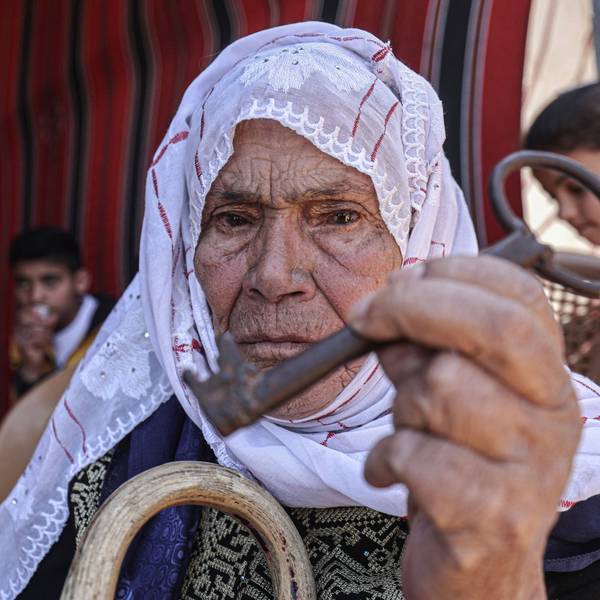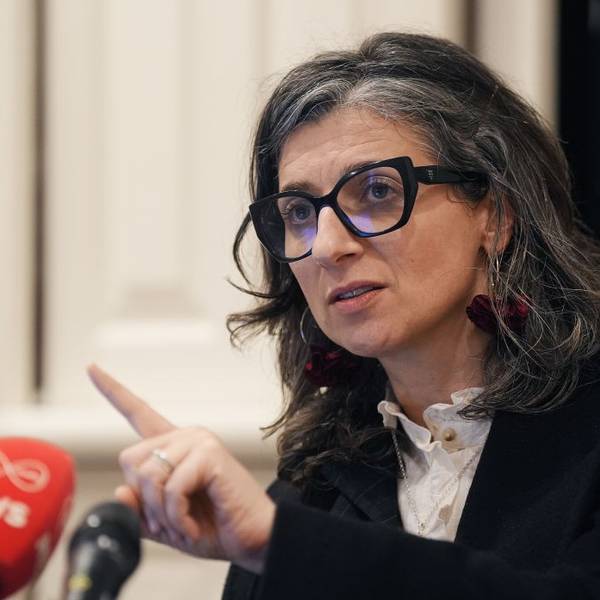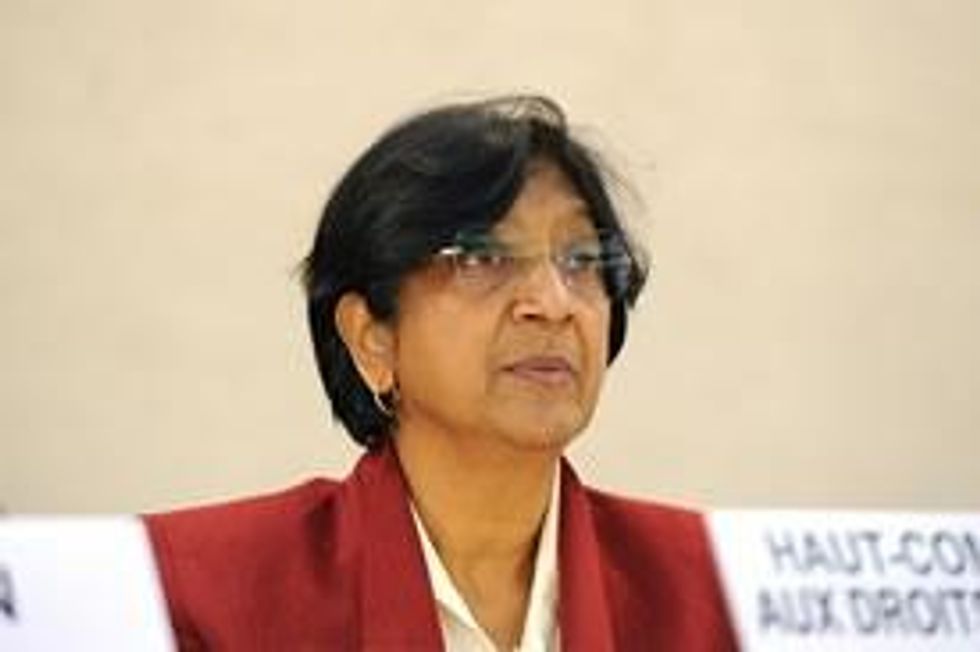A UN official has added Israel to a list of countries whose restrictions on NGOs (non-governmental organizations) are undermining human rights.
In the announcement on Wednesday, UN High Commissioner for Human Rights Navi Pillay stated: "In Israel, the recently adopted Foreign Funding Law could have a major impact on human rights organizations, subjecting them to rigorous reporting requirements, forcing them to declare foreign financial support in all public communications, and threatening heavy penalties for non-compliance."
"Civil society - including NGOs, trade unions, human rights defenders, academics, journalists, bloggers and others - plays an absolutely crucial role in ensuring that human rights are protected in individual states," stated Pillay.
In addition to Israel, the list of states that were undermining the ability of NGOs to operate includes Egypt, Zimbabwe, Cambodia and Venezuela.
"A dynamic and autonomous civil society, able to operate freely, is one of the fundamental checks and balances necessary for building a healthy society, and one of the key bridges between governments and their people. It is therefore crucial that NGOs are able to function properly in countries in transition, as well as in established democracies," Pillay noted.
* * *
Haaretz: Israel joins UN list of states limiting human rights organizations
A senior UN official in Geneva last week listed Israel among the countries that she says are restricting the activities of human rights groups.
The statement, issued on Wednesday by UN Human Rights Commissioner Navi Pillay, lists Israel along with countries such as Belarus, Zimbabwe, Egypt, Ethiopia and Venezuela. [...]
Last month, Foreign Minister Avigdor Lieberman instructed the Israeli mission to the United Nations in Geneva to cut ties with the UN Human Rights Commission after member countries in the Human Rights Council voted to establish an international commission of inquiry on the West Bank settlements. A senior source in the Foreign Ministry said Israel's inclusion in Pillay's statement was a direct outcome of Lieberman's move. "This was a mistake and now we see the results," the source said.
* * *
United Nations Office of the High Commissioner for Human Rights: New restrictions on NGOs are undermining human rights
UN High Commissioner for Human Rights Navi Pillay on Wednesday expressed deep concern about current or recent moves in a number of countries to curtail the freedom of non-governmental organizations (NGOs) and other civil society actors to operate independently and effectively. [...]
Pillay noted that freedom of association is under increasing pressure in many countries across the world. "Freedom of association is the lifeblood of NGOs," she said. "Systemic legal or administrative attempts to curtail their activities can be very damaging." [...]
"Civil society -- including NGOs, trade unions, human rights defenders, academics, journalists, bloggers and others -- plays an absolutely crucial role in ensuring that human rights are protected in individual states," the High Commissioner said. "A dynamic and autonomous civil society, able to operate freely, is one of the fundamental checks and balances necessary for building a healthy society, and one of the key bridges between governments and their people. It is therefore crucial that NGOs are able to function properly in countries in transition, as well as in established democracies."
"Civil society actors help mobilize people to become involved in decisions that affect their lives. That is why the United Nations sets such store by their contributions, both in policy-making and in field operations," Pillay said. "If their contribution is weak or restrained, the needs of ordinary people are too easily sidelined, and in particular the needs of the people most discriminated against in any given society."
Pillay expressed alarm at recent or ongoing attempts in a number of countries to tighten control over NGOs by restricting their sources of funding, and in particular foreign funding on which many very effective civil society organizations rely heavily.




